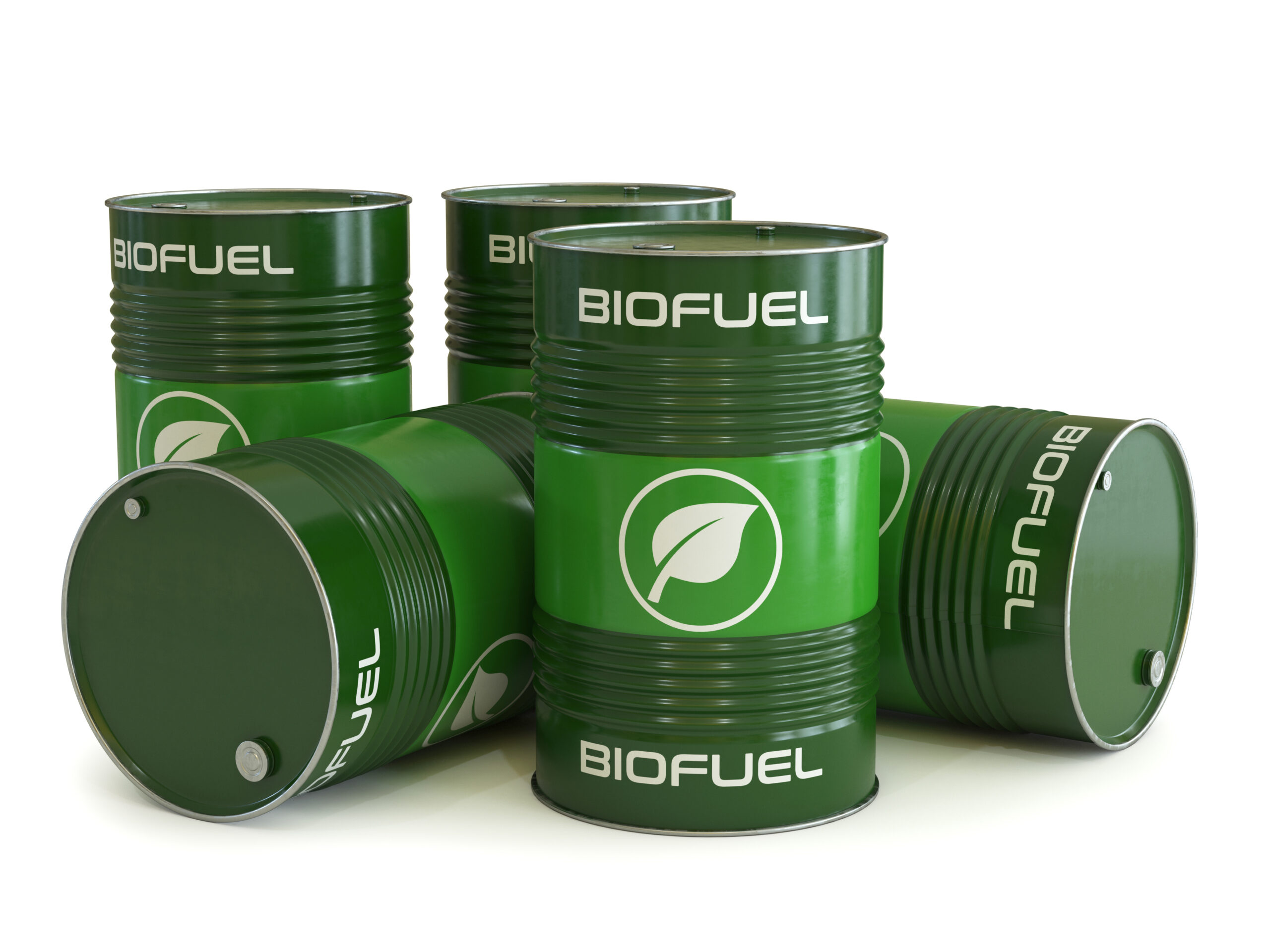MEPC 80 clarifies use of biofuels to improve CII
The IMO has approved interim guidelines that clarifies how certified sustainable biofuels can be used to improve a ship’s CII rating, providing much-needed clarity on the subject.
It was a hard-fought for outcome in a debate with diverging views. IBIA strongly advocated finding a way forward on the subject during the first round of discussions at ISWG-GHG 15, and provided further input during the 80th session of the Marine Environment Protection Committee (MEPC 80).
A proposal submitted by India and co-sponsors, MEPC 80/7/9, called for IMO to agree that biofuels which would be certified to conform with the sustainability aspects in the IMO’s Marine Fuel Life Cycle Assessment (LCA) guidelines to be assigned a CO2 emission conversion factor (Cf) as zero for use in IMO DCS (the fuel oil consumption data collection system) and CII (carbon intensity indicator) regulations. The proposal, while broadly supported, raised too many objections to be accepted as it was. Many feared it would open the door to unsustainable biofuels and preferred to wait for this to be fully addressed under the LCA guidelines, which are still under development. IBIA and others pointed out that we urgently needed clarity on biofuels as this is already used by many shipping companies to reduce their GHG emissions. Moreover, some countries and flag administrations allow and recognize biofuels as having a reduced carbon factor compared to fossil fuels, while others do not, meaning any benefit from a regulatory perspective are not uniformly applied.
“It was made clear that this is an interim measure to help provide uniform guidance that will ensure a level playing field.” IBIA’s Director and IMO Representative, Unni Einemo, told the meeting. She added: “These fuels typically cost more than fossil fuels, so if there is no benefit for in using them other than ‘doing the right thing’ we risk that the growing market for using certified sustainable biofuels to achieve GHG reductions on a well-to-wake basis will falter.”
Thankfully, the Working Group on Air Pollution and Energy Efficiency established at MEPC 80 managed to come up with an acceptable compromise and developed a circular providing Interim guidance on the use of biofuels under regulations 26, 27 and 28 of MARPOL Annex VI. This will be issued as MEPC.1/Circ.905 in due course, and will come into effect on 1 October, 2023.
This is interim guidance, pending development of policy instruments for the use of IMO’s LCA guidelines, means that biofuels meeting specific criteria can use a CO2 conversion factor equal to the well-to-wake GHG emissions factor.
The key points are:
- Biofuels must be certified by relevant international certification scheme, meeting its sustainability criteria. Reference is made to ICAO’s Approved Sustainability Certification Schemes and the CORSIA Sustainability Criteria.
- Must provide a well-to-wake GHG emissions reduction of at least 65% compared to the well-to-wake emissions of fossil MGO of 94 gCO2e/MJ (i.e., achieving an emissions intensity not exceeding 33 gCO2e/MJ) according to that certification.
- May be assigned a Cf equal to the value of the well-to-wake GHG emissions of the fuel according to the certificate (expressed in gCO2eq/MJ) multiplied by its Lower Calorific Value (LCV, expressed in MJ/g) for the purpose of regulations 26, 27, and 28 of MARPOL Annex VI for the corresponding amount of fuels consumed by the ship.
- For blends, the Cf should be based on the weighted average of the Cf for the respective amount of fuels by energy.
- A Proof of Sustainability or similar documentation from a recognized scheme should be provided along with the Bunker Delivery Note, to facilitate the verification of the reported biofuel consumption.
- For biofuels not certified as “sustainable” or not fulfilling the well-to-wake emission factor criterion above should be assigned a Cf equal to the Cf of the equivalent fossil fuel type.
- In any case, the CF value of a biofuel cannot be less than 0.
While the working group discussed the compromise document, IBIA offered the following reassurance: “We believe the draft circular addresses the concerns raised. From a practical standpoint, we want to highlight that the certification schemes mentioned in CORSIA are already used by marine biofuel suppliers.”
Currently, the CORSIA approved Sustainability Certification Schemes include the International Sustainability and Carbon Certification (ISCC) and the Roundtable on Sustainable Biomaterials (RSB).
